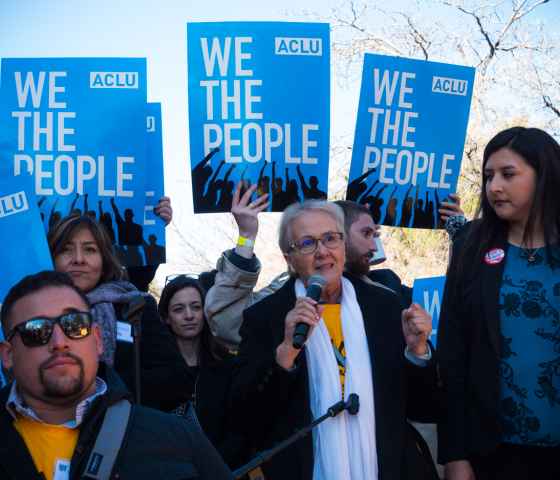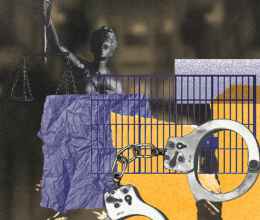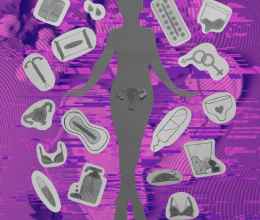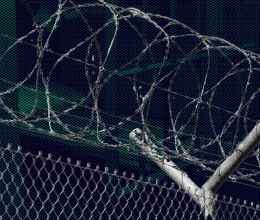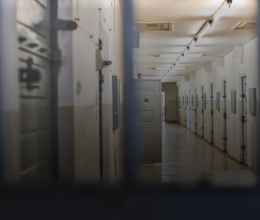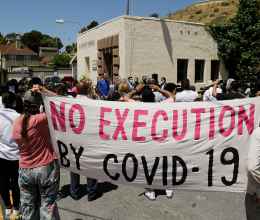Leon Casiquito. Michelle Morgan. Jolene Nez. They are some of the 15 people who we know have died in the custody of New Mexico’s largest jail since April 2020. While the causes of death differ — homicide, suicide and medical neglect — they have one thing in common: Their deaths were avoidable.
Casiquito, Morgan and Nez, as well as a majority of the other deaths, can be attributed to severe over-incarceration and poor medical care at the Bernalillo County Metropolitan Detention Center (MDC), located a few miles outside of Albuquerque. Simply put, there are far too many people detained for no real public safety reason at MDC, which is in turn incapable of taking appropriate care of them.
Time and time again, we have watched and read news reports that provide a glimpse into the deplorable conditions behind the walls of MDC. A January Albuquerque Journal article shed some much-needed light on deadly deficiencies in medical care at MDC, which is run by private contractor Centurion. That article helps explain why most of the recent deaths at MDC were related to treatable medical conditions.
There have been other warnings. On October 21, 2021, MDC Sargent Robert Mason sent a letter to the Bernalillo County Commission and the Detention Facility Oversight Board warning county leaders of the horrifying conditions at the jail, only to be ignored. Five days later, Casiquito’s cellmate beat him to death in an attack that went unnoticed for several minutes, despite the efforts of many other men in the pod who frantically pressed the call buttons in their cells hoping to attract the attention of jail guards who would stop the brutal attack.
An additional risk are the frequent lockdowns at MDC, which can last for days at a time. When lockdowns occur, people detained there cannot shower or make phone calls, and are often alone without any staff available to assist in case of a medical crisis or other emergency. That means people are not getting access to appropriate medical care, including life-saving medications and treatment for chronic conditions.
It’s so bad, MDC has had to declare a state of emergency on several recent occasions, reporting that there were simply not enough staff members to operate the jail without endangering the safety of both the large in-custody community and MDC employees.
Media reports and jail officials have falsely characterized the crises as a problem with understaffing as the primary reason conditions at MDC have become so acutely inhumane. It seems that recruiting and retaining people to fill the 50% of staff positions currently vacant has proven to be an insurmountable task, which is not surprising considering the conditions in which those staff are expected to work.
In truth, the conditions at MDC represent an over-incarceration crisis – one which is not new, but is newly drawing attention because of the current, extremely dangerous conditions at MDC.
MDC holds individuals who have been charged with but not convicted of a crime, as well as individuals who have been sentenced to less than one year in detention. Some people in MDC are detained simply because they were unable to pay court-imposed fines and fees, which is nothing more than a criminalization of poverty.
Over the past year, individuals have been booked into MDC because they failed to appear in court for minor charges like not getting their pet vaccinated, not providing an ID to law enforcement, and driving a car with an outdated registration. In most cases, individuals booked into the jail for these sorts of offenses spend only a night or two behind bars. But this steady stream of unnecessary arrests contributes to the overpopulation at MDC. Common sense tells us that these arrests do not make any of us safer.
Even more people are shoved into MDC because of minor technical parole or probation violations, like a positive drug test or missing an appointment with their parole officer.
The current conditions at MDC demonstrate with horrifying clarity what we already knew: It is long past time to reevaluate our approach to public safety and address our dependence on mass incarceration to solve every public safety problem. Mass incarceration does not improve public safety, and actually has the opposite effect as it reinforces cycles of poverty, addiction, and violence within our communities.
Law enforcement professionals and the New Mexico judiciary have an obligation to help ease the suffering at MDC by halting unnecessary arrests and detentions that contribute to over-incarceration. These measures would not be unprecedented in response to an emergency. For example, during the height of the COVID-19 crisis, the courts, prosecutors and law enforcement agencies throughout the state took steps to mitigate the spread of deadly virus by reducing unnecessary incarcerations.
State of New Mexico and Bernalillo County officials cannot create safe and humane conditions for our community members detained in MDC. It is for that reason they are obligated to reduce the number of incarcerated people held there. It is unconscionable that a member of our community could die in jail due to lack of medical care, let alone for the simple mistake of failing to register their vehicle or vaccinate their pet.
We’ve said it over and over, and we’ll never stop saying it: mass incarceration is an unmitigated disaster and we must end its use in New Mexico. Public safety and our public conscience demand better.
